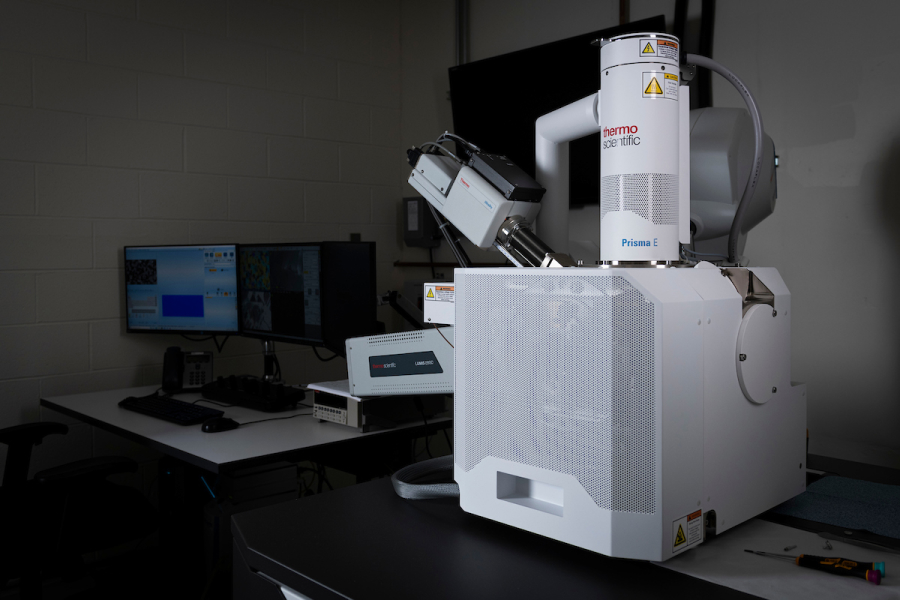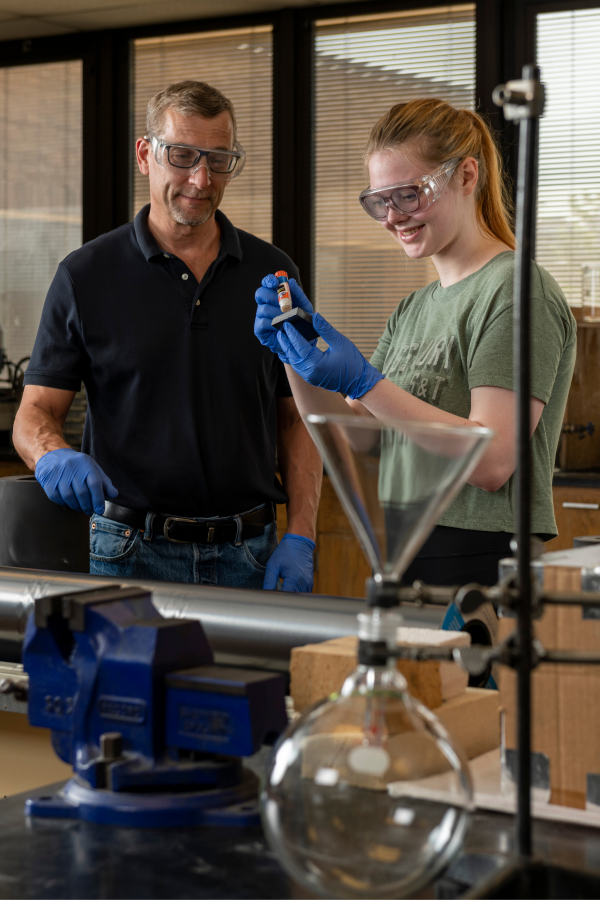PhD in Ceramic Engineering
Earn a PhD in Ceramic Engineering
Our PhD program in ceramic engineering offers a transformative academic journey, empowering you to innovate and create materials that shape our world. From developing materials for space exploration to advancing renewable energy and healthcare, our program provides the platform for you to make a meaningful impact. Join us in shaping the future and solving for tomorrow.
Want to Know More?
Get info on our program, scholarships, how to visit campus, admissions and more. Take the next step in solving for tomorrow!
Degree Information
Research in Ceramic Engineering

Explore Research Fields
Your Career in Ceramic Engineering
Our ceramic engineering program equips students with the skills and knowledge needed for diverse careers in research, materials design, manufacturing, and quality control. Graduates are well-prepared to develop innovative materials for extreme environments and other challenging applications. With a wide range of career opportunities available, ceramic engineering graduates can find success as ceramic engineers, materials scientists, and research associates in various industries, national laboratories, and government agencies.
Career Fields
- Aerospace
- Biomaterials
- Electronic Ceramics
- Glass
- Solar Energy & Fuel Cells
Common Hiring Companies
- GE Aerospace
- Honeywell
- Kohler
- Owens-Illinois
- Watlow


Follow Materials Science and Engineering